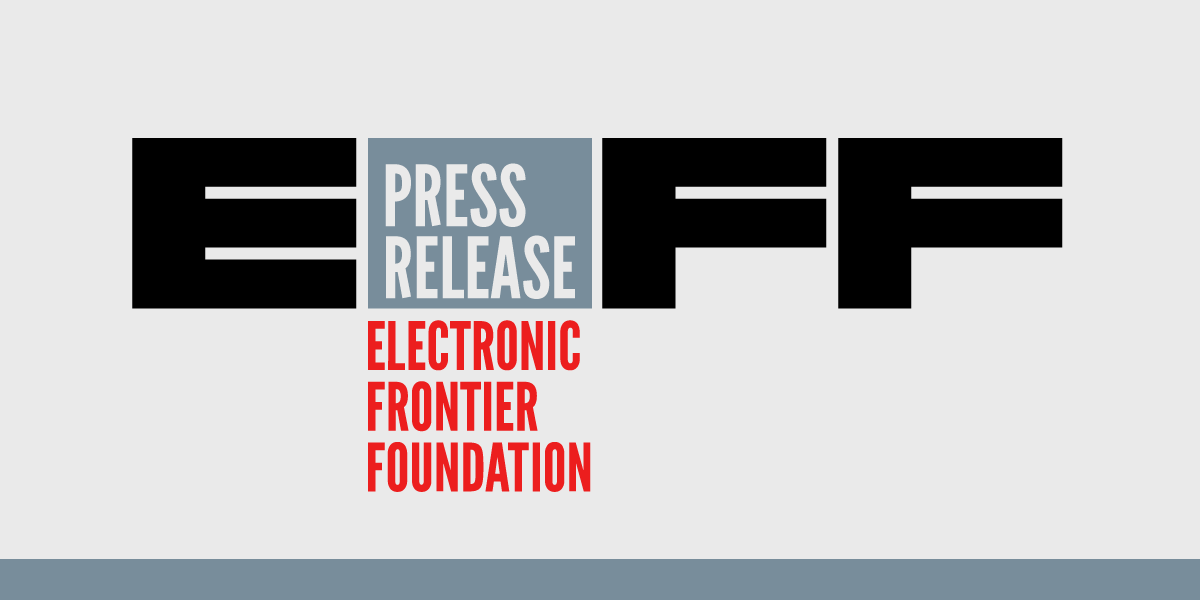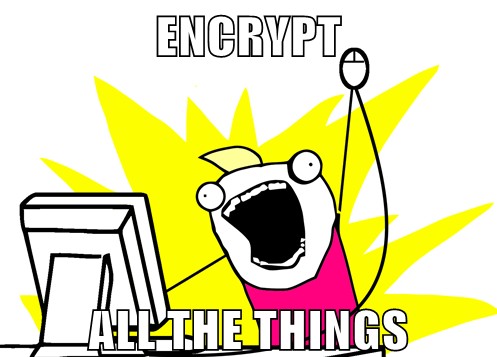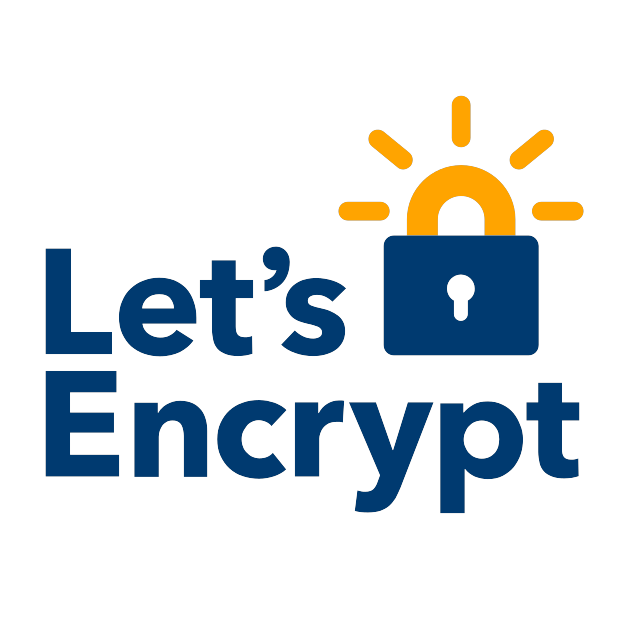The future of web3 is 100% TornadoCash.
This is a battle that the US govt will lose, like it lost the last one on encryption, because code is speech and privacy is an important right.
I’m going to try and lay out this case in less than 10 tweets (Challenge Accepted!).

Once upon a time, on the internet, all communications were in clear. Everything just went via TCP/IP with no encryption. Anyone who intercepted packets could inspect them and snoop on everything that was being transmitted.

People developed encryption technology to enable privacy. The US govt tried to stop this as well. They lost. that as well, thanks to EFF’s good fight.
And so strong, secure SSL (Secure Sockets Layer) encryption became available.

Soon enough it became common whenever financial (!) data was being transmitted. You don’t want ppl snooping on your credit card data, so that’s encrypted. But everything else was in clear: messages, websites you browse, etc. It was unencrypted by default.

Then smart ppl realised, cpu is cheap enough, there’s no reason why we shouldn’t encrypt everything – everything that’s unencrypted gives governments (some of whom are actively persecuting their citizens) vectors of attack.
Let’s Encrypt Everything!

Out of this was born, of course, https://letsencrypt.org, to provide valid certificates for free to anyone that wants them, to make sure everything stays encrypted. By Jan 21, ~90% of website traffic was encrypted (source).

The direction is clear: there is no good reason why SSL percentage shouldn’t trend to 100%. Because why would you not want to have privacy if it’s made easy and convenient? It’s a fundamental human “value” that everyone desires to have by default if they can do so at no cost.

Web3 is still in its early period. Everything is unencrypted by default, like Web1’s early days.
Is there a good reason for this? Hell no.
We’re just really early and haven’t built robust, rapid infrastructure to do this.

Somewhere in the next few years (imho), ppl will develop the ability for all transactions to be anonymised and encrypted. Why should every wallet be public by default? It doesn’t need to be like that, and having wallets private by default is something ppl want (hat tip Paul Graham).

Therefore, just like web1, in the future, some equivalent of LetsEncrypt for web3 will make sure that everything from transmitting funds to proving you own an NFT will be some kind of ZK-proof-based, anonymised exchange which reveals nothing about sender or receiver.
DONE in 10!

Original Thread:
The future of web3 is 100% TornadoCash.
This is a battle that the US govt will lose, like it lost the last one on encryption, because code is speech and privacy is an important right.
I'm going to try and lay out this case in less than 10 tweets (Challenge Accepted!).
— Daniel Tenner (@swombat) August 13, 2022


